SUMMARY
This is AI generated summarization, which may have errors. For context, always refer to the full article.
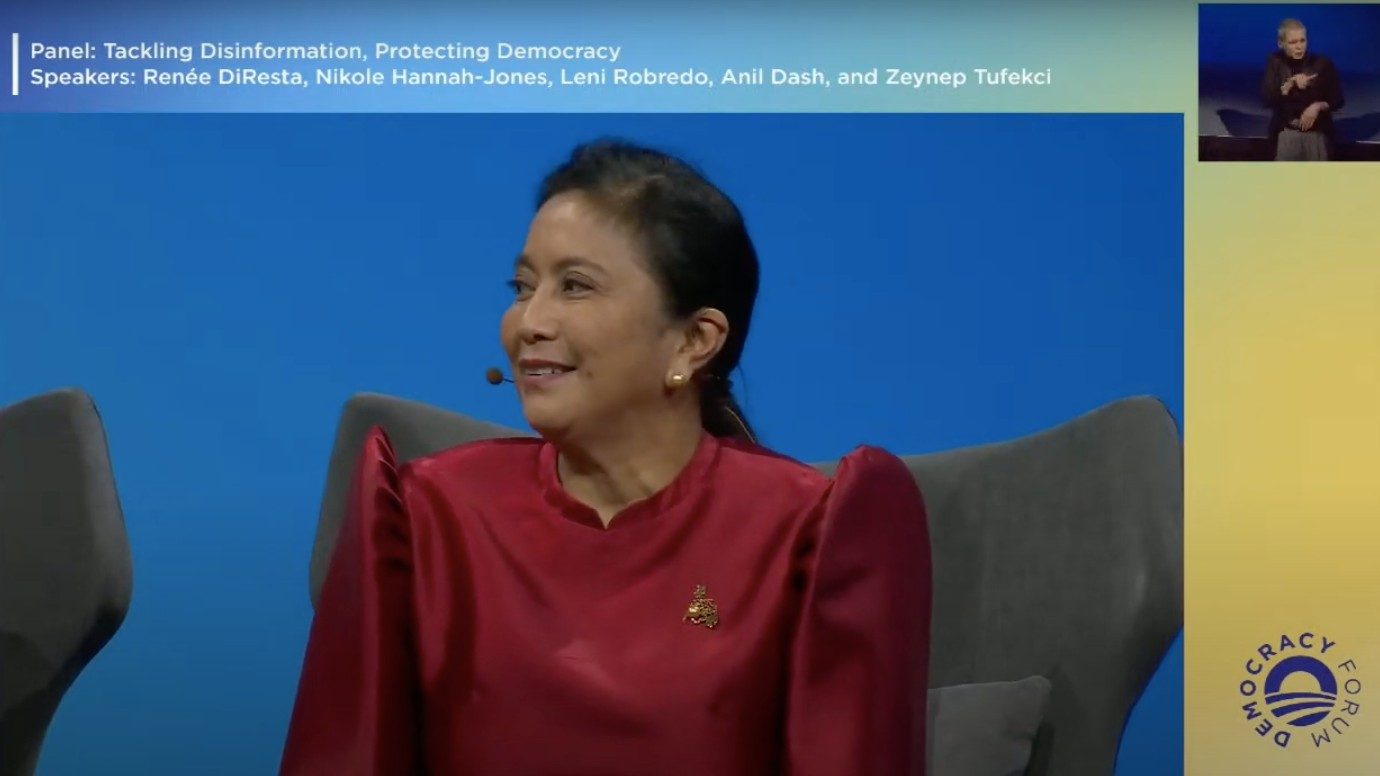
MANILA, Philippines – Former vice president Leni Robredo said at the Obama Foundation’s democracy forum on Thursday, November 17 (US time), that disinformation, as part of influence operations, has caused the creation of two separate public spheres.
Robredo shared this during the panel discussion on disinformation at the forum, held in New York City.
Robredo, a target of fake news during her time as vice president from 2016 to 2022, and during her presidential campaign, said that there is a deep polarization arising from disinformation, leading to what Robredo said were “two different, separate, almost incompatible information ecosystems.”
It’s the bane of democracy but a boon for populists, because as Robredo said, disinformation destroyed the common baselines of facts.
She said that facts are essential for “discourse, discussion, and accountability in a democracy” allowing people to make decisions based on solid, vetted, well-scrutinized information. It’s a boon for populists, as a completely polarized voting populace allows “no chance to discuss,” and “no amount of fair discourse” takes place, she added.
Citing a Pulse Asia Research, Incorporated survey, Robredo said that about 86% of Filipino respondents believed that fake news is being spread. But when asked about who the purveyors are, the respondents pointed their fingers at legitimate media, and experts – the result as well of populists taking aim at the media, leading further to the deterioration of facts, to their benefit.
Robredo recounted how she and her camp used to deal with fake news about her – to merely say, “They’re fake news; don’t dignify.” But that had been the incorrect response, Robredo admitted, and they were too late in adjusting their response.
Several years after the strategy had been to practically avoid engaging with fake news, it had become impossible to penetrate what had become an opposing echo chamber. Their own calls were also only being heard in their own echo chamber, and had trouble reaching the other side.
Robredo said that what had been more effective was to talk to, and reach out to people on the ground – an effort which the Robredo campaign did later in the campaign period. She said that the on-the-ground efforts were a breakthrough but “time was short” and the shift in campaign strategy had come late in the game.
Robredo also cited researcher Jonathan Ong’s work in unmasking disinformation operations in the Philippines, and the FactsFirstPH coalition, made up of civil society, influencers, journalists, and academics, that combine efforts in fact-checking, deep analysis of disinformation networks, and amplifying reach of findings and anti-disinformation content.
Robredo believes that these victories may be representative of a path forward, and called on creating a “broader, more inclusive framework” that will enable all stakeholders to contribute to solutions. – Rappler.com
Add a comment
How does this make you feel?

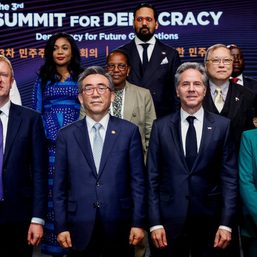
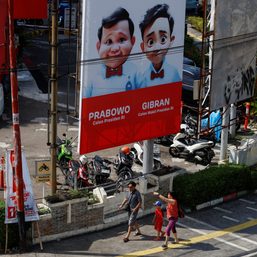

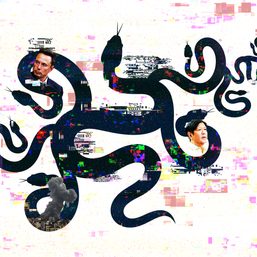
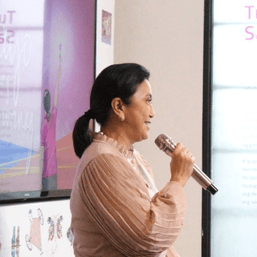

![[Newspoint] A fighting presence](https://www.rappler.com/tachyon/2024/07/thought-leaders-a-fighting-presence.jpg?resize=257%2C257&crop=441px%2C0px%2C1080px%2C1080px)
![[Closer Look] ‘Join Marcos, avert Duterte’ and the danger of expediency](https://www.rappler.com/tachyon/2024/06/TL-trillanes-duterte-expediency-june-29-2024.jpg?resize=257%2C257&crop_strategy=attention)

There are no comments yet. Add your comment to start the conversation.